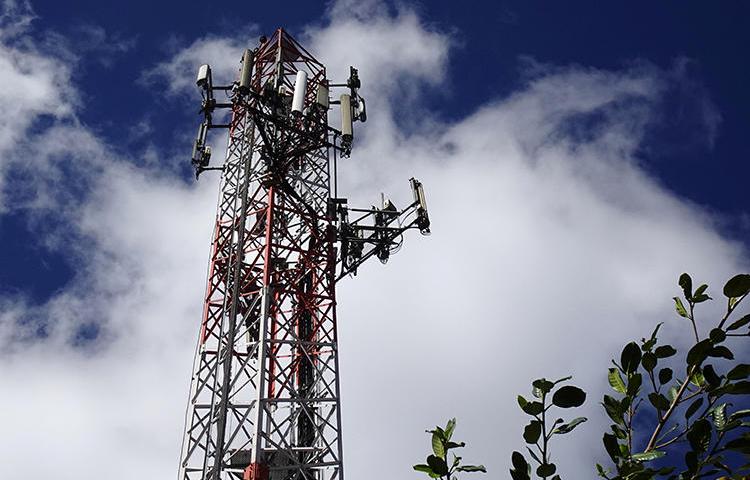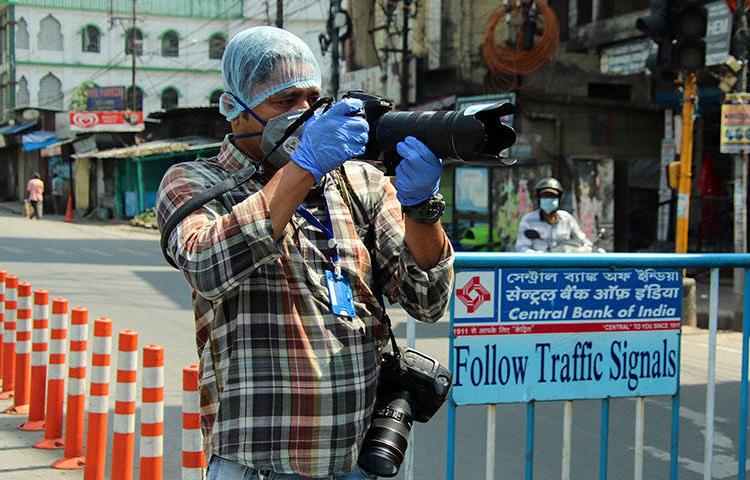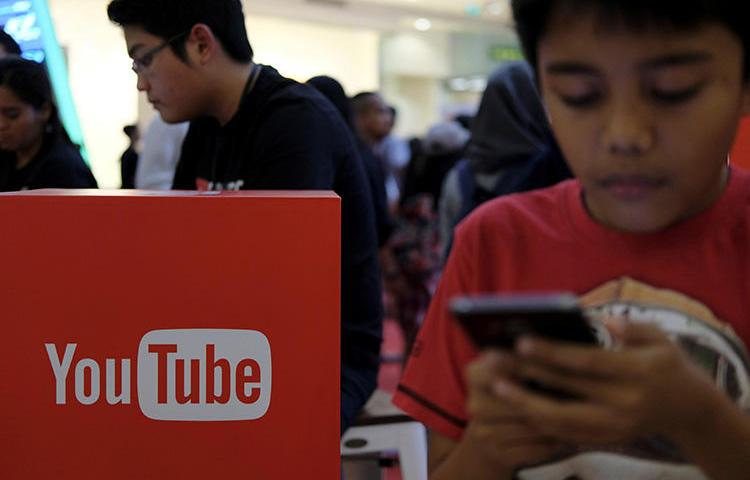Courtney C. Radsch/CPJ Advocacy Director
Courtney C. Radsch, PhD, is the advocacy director at the Committee to Protect Journalists and the author of Cyberactivism and Citizen Journalism in Egypt: Digital Dissidence and Political Change. As a veteran journalist, researcher, and free expression advocate she writes and speaks frequently about the intersection of media, technology, and human rights. Follow her on Twitter @courtneyr.

Australia’s journalist union on Facebook, Google, and who should pay for news
Facebook threatened to prevent Australian users and publishers from posting news on its platform last week, raising questions about who benefits when people share journalism on social media—and who has the power to stop them. The company was responding to drafts of a news media bargaining code and related legislation published on July 31 by…

Tech platforms struggle to label state-controlled media
Twitter announced last week that it would start labeling some accounts run by media outlets and their top editors as “state-affiliated,” a descriptor intended to improve transparency about the source of information being shared on the platform. Since disinformation became a flash point in the debate over content moderation on social media, distinguishing propaganda from…

Surveys seek to understand impact of COVID-19 on journalists
The Committee to Protect Journalists has partnered with the International Center For Journalists and the Tow Center for Digital Journalism at Columbia University on the journalism safety and press freedom aspects of their joint Journalism and the Pandemic Project, which today launched an online survey to track the COVID-19 pandemic’s global impact on journalism.

Network shutdowns restrict reporting during COVID-19 crisis
The Global Network Initiative, a coalition of nongovernmental organizations of which CPJ is a member, issued a statement yesterday calling on governments to refrain from shutting down internet access amid the spread of the COVID-19 pandemic.

CPJ, partners call on social media and content sharing platforms to preserve data
The World Health Organization has called the novel coronavirus an “infodemic” and the topic of disinformation and “fake news” has remained at the forefront of this century’s worst pandemic, with social media and tech platforms playing a central role. COVID-19 has forced many companies to move to remote work, and tech platforms and social media…

Freelance journalists risk lives and livelihoods amid COVID-19 pandemic
Johannesburg-based freelance journalist Yeshiel Panchia was on his way to cover a story about a local developer who had found a way to keep his wage laborers employed during South Africa’s coronavirus lockdown by letting them live on the construction site so that they didn’t have to leave “home” in contravention of strict rules.

CPJ welcomes call for targeted sanctions to protect journalists
When the U.K. launched an initiative to support media freedom in the waning days of Jeremy Hunt’s tenure as foreign minister, CPJ was skeptical that this government-led effort would be more than a feel-good campaign. However, we chose to engage, given the current vacuum of leadership on press freedom globally. As the U.S. pulls back…

In wake of Christchurch, tech regulation in EU and Australia risks restricting journalism
Terrorism has gone viral. The livestreaming on Facebook of the March attack on two mosques in Christchurch, New Zealand that news reports said left more than 50 people dead was the latest in a string of terrorist attacks designed for the digital age. More than a dozen world leaders met in Paris last month to…

Efforts to find mastermind in murder of Malta journalist Caruana Galizia stalled
Journalists don’t typically get murdered in Western European democracies that are members of the European Union. Which is why the murder of Daphne Caruana Galizia in Malta last year was so shocking, and the lack of progress on finding the mastermind so disturbing.

Greater transparency welcome but social media sites should allow independent audits of content takedowns
In recent days, some of the world’s largest tech companies released new transparency reports, opened up their content moderation guidelines, and adopted approaches to fighting pernicious content as they tried to head off government regulation amid concerns about “fake news,” harassment, terrorism and other ills proliferating on their platforms.